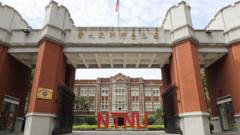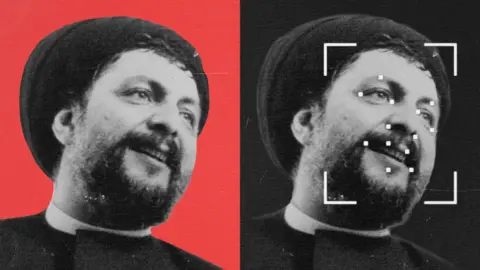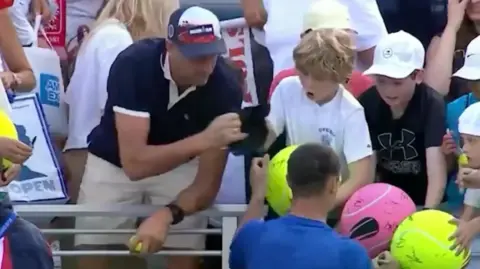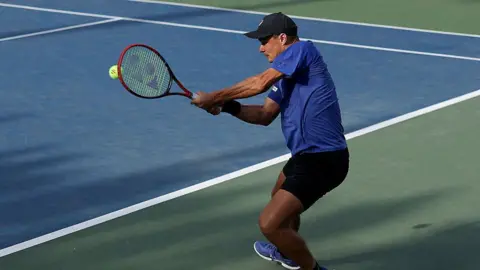A sports coach from National Taiwan Normal University (NTNU) in Taipei, Taiwan has publicly apologized following allegations that she coerced students into donating blood for research purposes. Coach Chou Tai-ying, 61, emphasized that her motivations were to assist her athletic team, which has faced persistent injuries due to a low number of players. However, the exact use of the blood samples has not been disclosed.
The controversy gained traction when Taiwanese politician Chen Pei-yu highlighted the case in 2024, claiming that students were informed that failure to participate in the blood donation could impact their academic credits. An internal review at NTNU revealed that blood sampling practices began in 2019 and persisted until 2024 across various research endeavors.
Chou admitted to requesting the assistance of unqualified students in taking blood samples and expressed regret for the pressure her actions placed on both the students and the school community. "It is definitely my fault for making you feel the way you did,” she stated in a message directed towards the students, as reported by Taiwan's Focus News agency. Professor Chen Hsueh-chih, who led one of the affected research projects, also expressed remorse, acknowledging the unintentional harm caused to students and their families despite the intention to support student athletes.
The investigation revealed that students had been required to donate blood daily, yet many samples were discarded due to procedural errors identified during the review. Initial claims from Chen Pei-yu suggested that participants faced demands to give blood up to three times a day for two weeks, with participation spanning several years.
In light of the situation, NTNU principal Wu Cheng-chi issued an apology for the school's negligent oversight regarding ethical conduct, announcing plans to reform oversight and ethical guidelines within the institution. Taiwan's deputy education minister announced that the actions of both Coach Chou and Professor Chen would undergo review by the Ministry of Education.
In a separate incident, the education ministry indicated it might consider revoking the coaching license of a women's football coach from NTNU, although the individual has not been specifically named. The fallout from this incident continues to evoke discussions surrounding ethical standards in university sports practices in Taiwan.






















